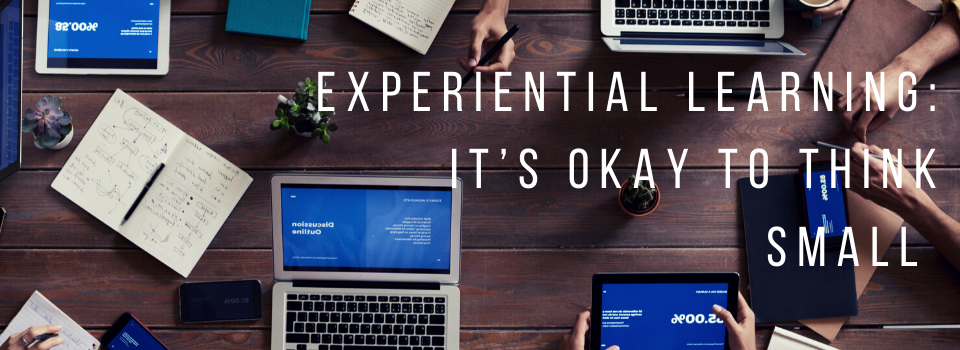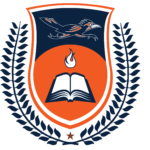Experiential Learning: It’s Okay to Think Small
in Blog Post

By Terri J. Matiella, Ph.D.
UTSA 2020-21 Next-Gen Faculty Fellow
Co-Director, Core Curriculum and Assessment for Environmental Science
Senior Lecturer, Department of Environmental Science and Ecology
“Experiential learning” is a term that comes up often when we discuss student learning, but what does it mean? Most often, internships and service projects are named as experiential learning opportunities, but smaller projects can help students gain the benefits of experiential learning as well.
“Experiential learning” is a broad term which can be interpreted in part as learning through reflection on doing. The reflection part is important – students should have the opportunity to reflect on how their experience applies to real life or how it applies to their future through their own eyes and experiences.
These projects and opportunities present course content in a real-world setting and helps connect what may be abstract ideas to real-world issues and problems. The project should also have real-world constraints and parameters – sure, we can say we would ‘just reverse climate change’, but climate change is an issue that needs to be tackled with some limitations on what can be done realistically, and students should be held to those same standards. The projects should also have consequences for decisions and behavior. What applies in the real world should apply to the project or experience.
Getting Started With Experiential Learning
When looking for experiential learning opportunities, consider:
- What will students do?
- They should be actively involved in the experience, not just watching a lecture or talk.
- What time or other constraints do students have?
- A semester long project may be too much to start with – a volunteer field day or virtual participation event or presentation could be manageable.
- How will students reflect on the experience?
- This could be a paper, photo collage with explanations, or presentation to the class or outside participants.
- How will students incorporate the new ideas gained?
- Some skills can be written up and put on a resume! Did they manage a team? Work with others? Communicate to the public? Any equipment and technology used can be skills students can promote to future employers.
Experiential Learning Examples
On a small scale, students can engage in a case study based on real-world data or issues where there is not one clear cut answer. Have students take opposing sides – a landowner and a conservationist deciding about water rights or land use for instance – can spur discussion and allow students to see multiple sides of an issue. Through discussion and class activities, students should be asked to find a solid conclusion through consensus with their peers. Consensus must be reached based on tradeoffs, cooperation, and compromise, just as in the real world.
Research labs can be a great way for undergraduates to experience theories and ideas at work. Moving away from a canned labs with expected results, to an authentic research experience, can show future scientists the process – and setbacks – that happen in science.

Small fieldwork opportunities can also be beneficial – students can participate in a field trip or volunteer opportunity, then reflect on lessons learned. What did they learn during the experience, and how can it apply to their chosen career?
Using these types of experiences, even on a small scale, can bring the learning to the student in a more specific and personal way. The information they learn becomes more concrete, they can make better connections to the information both in and out of the classroom, and these experiences leave lessons that stay with the student after the experience is over.
Don’t forget to join Academic Innovation’s Upcoming Webinars, Virtual Q&A sessions, or contact us at academicinnovation@utsa.edu – 210-458-4520. We’re here to help!
For more review:
Tags: Experiential Learning, field work, real world projects, Reflection, Research

